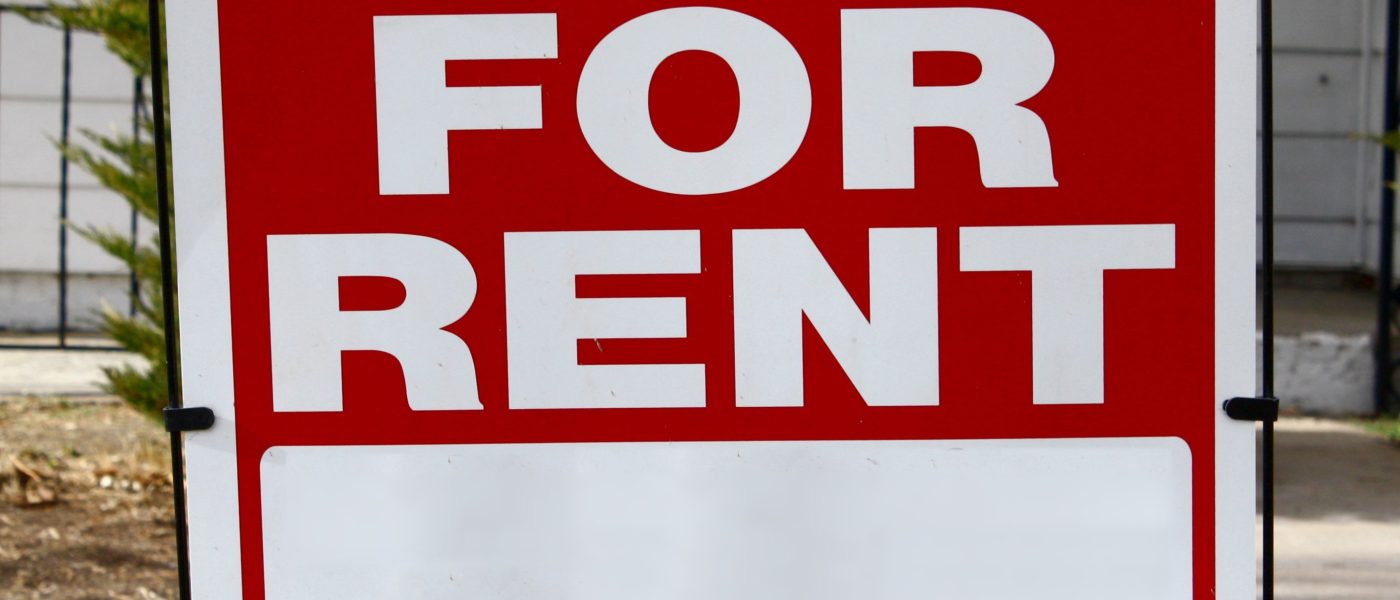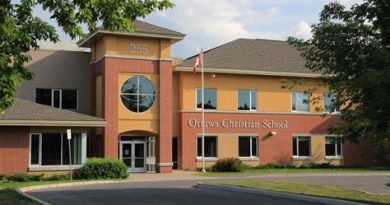Cost Of Rent In Barrhaven Still On The Rise
While the housing boom has made the dream of someday owning a house an impossibility for many, even renting a home in Barrhaven has become something many will not be able to do.
The trend is not just an increase in value of homes in Ottawa. It is happening nationally.
Average asking prices for rental units in Canada rose 20 per cent in April for all property types to $2,002 over the pandemic low in April 2021 of $1,662, according to the latest Rentals.ca and Urbanation National Rent Report.
That’s an average increase of $340 per month over the past year.
Ottawa came in 14th on the list for average monthly rent in April for a one-bedroom at $1,940 and 15th for average monthly rent for a two-bedroom at $2,375. Year over year, average monthly rent in April for a one-bedroom in Ottawa was up 14.2 per cent and up 17.7 per cent for a two-bedroom.
While the most obvious factor in rent increases is the costs of homes and interest rates on mortgages for owners and landowners, supply and demand is also at play as the number of people and families needing homes is rising faster than homes are becoming available.
“Rents continued to face upward pressure across Canada during April, with the strongest growth felt in markets that see the highest levels of immigration,” said Shaun Hildebrand, President of Urbanation. “Tenants that signed leases during the pandemic may be facing rent increases of 20 per cent or more if they decide to move, causing reduced turnover that is exacerbating the low supply situation.”
In Barrhaven, home prices have fallen for buyers and sellers over the last year due. Limitations of foreign buyers has slowed down the demand for homes in Barrhaven, particularly among Chinese investors. Rising interest rates have also cooled off the market, causing prices to fall after they ballooned from 2020-22.
For renters in Barrhaven, townhouses and houses are renting in the $2200-$3000 range per month. One bedroom condos are currently available from $1400-$1900. Those looking for a room in a house can expect to pay $700-900, while basements are available in the $1000 range.
“Canadians have become accustomed to increasing rents after the pandemic,” said Matt Danison, CEO of Rentals.ca Network. “Record immigration with most newcomers renting, high interest rates keeping first-time home buyers on the sidelines, and inflation are all drivers of rising rents, increasing demand and low vacancy rates.”
Ottawa average rents in April were up 15 per cent in April for condo rentals and apartments.
Average monthly rents increased the most in Ontario at 29 per cent for condominium rentals and apartments compared to the pandemic low in April 2021.
Hildebrand and Danison expect average asking rents to increase in the next few months because of high demand from Canada’s growing population, and from more tenants staying in the rental market with the high cost of homes and high interest rates. But, the year-over-year percentage of increases should begin to moderate as the country and the rental market came back from the pandemic last year.
Average monthly rents increased the most in Ontario at 29 per cent and British Columbia at 28 per cent for condominium rentals and apartments compared to the pandemic low in April 2021.
The National Rent Report charts and analyzes monthly, quarterly and annual rates and trends in the rental market on a national, provincial, and municipal level across all listings on the Rentals.ca Network for Canada. The data from the digital rental platform Rentfaster.ca data is incorporated into this report. Comparisons and analyses are based on the new and bigger dataset.






